Intestate Probate Lawyer in Texas
Probate is the process in which the court legally recognizes an individual’s passing and authorizes the administration, or the management and distribution of their estate. The purpose of probate is to transfer the assets out of a deceased person’s name and into the names and possession of the living beneficiaries. However, this process can become complicated if a person passes away without a valid will. When a person dies without a will in Texas, family members may be left wondering who the heirs to the estate are and what their next steps should be to try and honor what their loved one would have wanted.
Stepp Law PLLC is a Texas law firm with experience helping clients going through intestate probate. We understand that this can be a difficult time for family members as they grieve the loss of their loved one. That is why we dedicate ourselves to providing personalized and trusted legal counsel to help you understand your next steps when faced with probate of a family member’s estate when there is no will.
How Is the Estate Administered in an Intestate Probate in Texas?
In Texas, the Texas Probate Code, Title 2, Subtitle E, Chapter 201 is the law that dictates the dispersal of a deceased person’s probate estate. Depending on whether or not the decedent is survived by any potential heirs, the process of which the individual’s estate is managed and distributed may change.
When the Decedent Is Survived
Under Texas intestacy laws, if the decedent is survived by a spouse, children, grandchildren, great-grandchildren, parents, or siblings, the assets will be divided based on a decreasing level of connection to the deceased family member. The intestate probate process may change depending on who exactly the decedent is survived by:
- Survived by a spouse and biological children: In this case, the surviving spouse will inherit all of the decedent’s community property and one-third of the deceased their separate personal property. The spouse will also have the right to use the real estate inherited for life. The surviving children of the descendants will inherit the balance of the estate.
- Survived by a spouse and non-biological children: In this situation, the surviving spouse will inherit one-third of the decedent’s separate personal property and the right to use the real estate for life. The non-biological children, or stepchildren, or the descendants will inherit everything else, including the decedent’s half interest in any community property.
- Survived by a spouse and no descendants or parents: When this occurs, the surviving spouse will inherit the decedent’s entire probate estate.
- Survived by a spouse and parent or parents and no descendants: The surviving spouse will inherit all of the decedent’s community property, personal property, and the right to use one-half of the separate real estate for life. The deceased individual’s parents will inherit the balance of the estate.
- Survived by a spouse and siblings and no parents or descendants: For this situation, the surviving spouse will inherit all of the decedent’s community property, all of their separate personal property, and the right to use one-half of the separate real estate for life. The siblings of the decedent will inherit the balance of the estate.
- Survived by descendants and no spouse: In this case, the decedent’s descendants will inherit the entire probate estate.
If you are unsure whether you fall under any of the above categories regarding your eligibility to inherit a deceased family member’s estate during intestate probate, contact one of our trusted Houston intestate probate lawyers.
When the Decedent is Not Survived By a Spouse or Close Relative
If an individual dies without a will and is not survived by a spouse or other close family member, their property will pass to the next closest family members in the following order:
- Nieces or nephews
- Grandparents
- Aunts or uncles
- Great aunts or uncles
- Cousins of any degree
- The children, parents, or siblings of a predeceased spouse
If a deceased person is not survived by any family members at all, then the entire probate estate will be distributed to the state of Texas. To better understand the probate process without a will in Texas, contact our team of Houston intestate probate lawyers today.
Will You Automatically Inherit Assets From a Deceased Family Member’s Estate in Texas?
Even if you have determined that you are entitled to an intestate share of your deceased family member’s estate due to your relation to them, you may still not inherit anything. Regardless of the amount of assets a person had at the time of their passing, it is impossible to know how much descendants may collect until the intestate probate process is completed. This is due to the fact that your relative may have left all non-probate property or they may have had debts they owed at the time of death that exceed the value of the probate estate. In this case, the estate is insolvent.
After losing a loved one, the last thing you will want to go through is the convoluted legal process of probate, especially when there is no will. However, with the help of our experienced legal team at Stepp Law PLLC, we can help you navigate each step of intestate probate as you determine what, if anything, you will inherit.
Speak With a Intestate Probate Attorney Today
The trusted Houston intestate probate lawyers at Stepp Law PLLC are dedicated to helping clients throughout each step of the intestate probate process in Houston, Texas. We have many years of experience helping Texas residents navigate the probate process and can help families unsure what their next steps should be when facing probate without a will. To discuss your next legal steps with a dedicated and trusted Houston intestate probate attorney, and throughout the United States, call us today at 713-336-7200 or complete our contact form.











